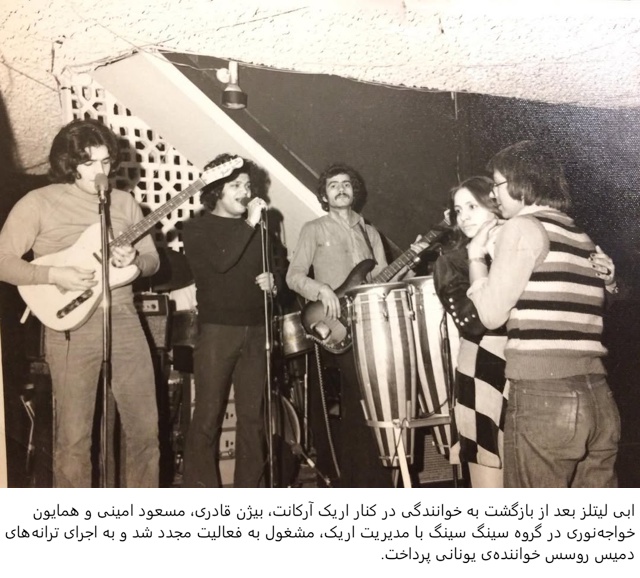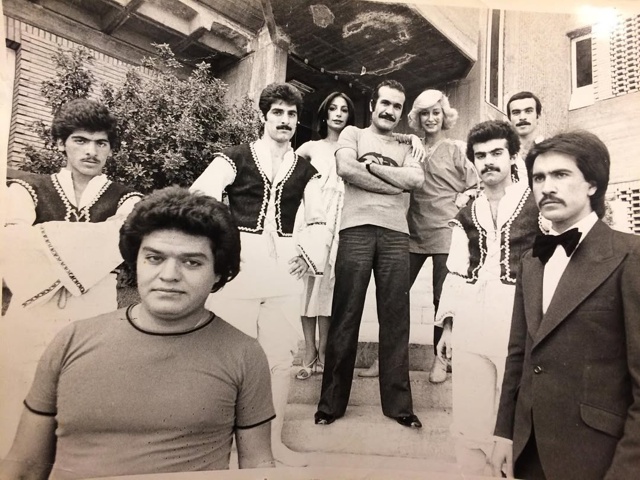Ebi Littles Music
Following political and cultural shifts after the late 1970s, Askarian faced restrictions on public performance. Like many artists of his generation, he continued to compose and perform for smaller audiences and the diaspora community abroad. His reputation endured, with many regarding him as a bridge between pre-revolutionary and post-revolutionary music.
Even in later life, Askarian remained active in music circles, mentoring younger singers and occasionally releasing recordings that paid homage to his early influences. Ali Akbar Askarian Zaka passed away on September 19, 1404. His death marked the end of an era for many admirers of music.
He left behind a catalog of songs that combined traditional Persian lyricism with modern musical arrangements, a style that inspired later generations of artists both inside the country and in the diaspora. His willingness to experiment with multiple genres while staying rooted in Persian musical heritage earned him respect as both a traditionalist and an innovator.
Askarian’s music was marked by its hybrid character. Rooted in Persian radif (classical modal systems), his songs often carried deep poetic lyricism drawn from Hafez, Saadi, and contemporary poets. At the same time, he embraced Western influences, incorporating jazz rhythms, blues chord progressions, and orchestral arrangements.






